Half day itinerary – Historic Melaka
For most visitors to Melaka (Malacca), the day only begins after lunch (if you have not done so, check out my review on Peranakan Food in Melaka) having spent the morning travelling to the small city. Here is my half day itinerary that you may consider adopting as your own or incorporating into your own itinerary for your next visit to the historic city of Melaka.
Background
Melaka is a state in Malaysia located in the southern region of the Malay Peninsula, next to the Strait of Malacca. Historically, the city had at different points in time played an important part in maritime trade being both a trade hub and also a military base for colonial powers.
As early as the 1400s, the importance of Melaka as a sea port was recognised by the Chinese with the Admiral Zheng He setting up a depot in the region to help facilitate trade. Then came the Portuguese in 1511. The Portuguese were then defeated by the Dutch in 1641. Between 1641 and 1798, the Dutch ruled over Melaka but did not develop the city into a trading centre preferring to focus instead on its regional capital at Batavia (Now Indonesia’s Jakarta). It was during this period that a majority of the historic sites in Melaka were built: The Portuguese’s A Famosa (Portuguese for “The Famous”), St Paul’s Church and also the nearby Stadthuys.
As the Emperor’s eagles marched across Europe, the Dutch passed its colonial holdings to Great Britain for safekeeping. Britain concerned with returning such fortifications back to the Dutch upon the defeat of Napoleon, sought the destruction of the fortifications prior to any return. A Famosa was as a consequence demolished with the stones being shipped to the nearby cities of Penang and Singapore for the construction of Fort Canning and Fort Cornwallis. It was only by the intervention of Sir Stamford Raffles that the gatehouse (Porta de Santiago) of A Famosa was spared.
Today, these historical sites make excellent attractions providing their visitors a glimpse into a different Melaka under Dutch rule.
Getting there
As explained in my other posts on Melaka, the best option would be to either Uber or Grab your way to the intended destination. You can either put the location as being A Famosa (being the old Portuguese Fortress) or if you fancy a cool drink first visit the Megamall beside the fort.
A Famosa: Porta de Santiago
Either option will eventually see you being right outside the only remaining structure of the old Fortress: Porta de Santiago. The old gatehouse makes a good photo taking spot:
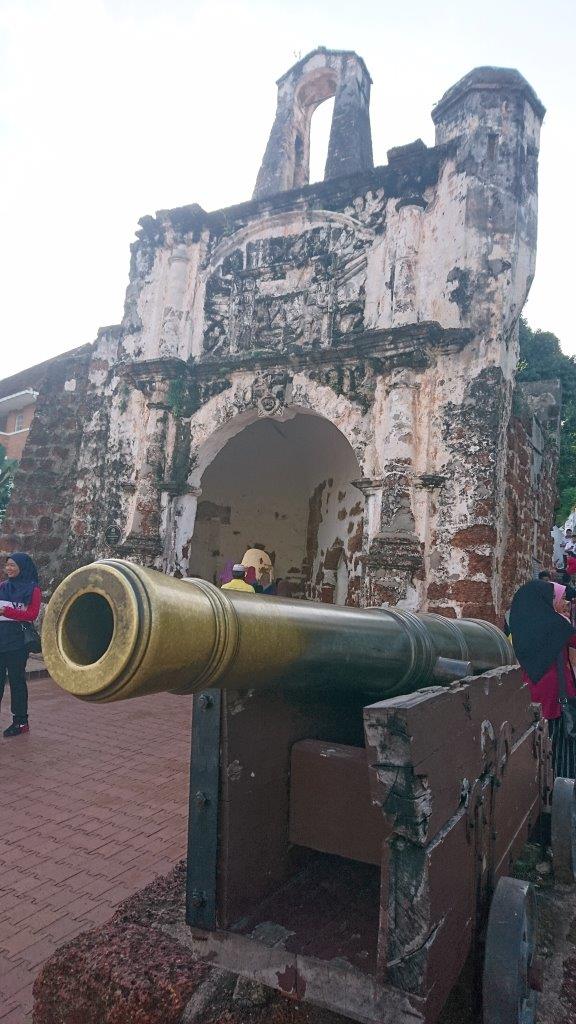
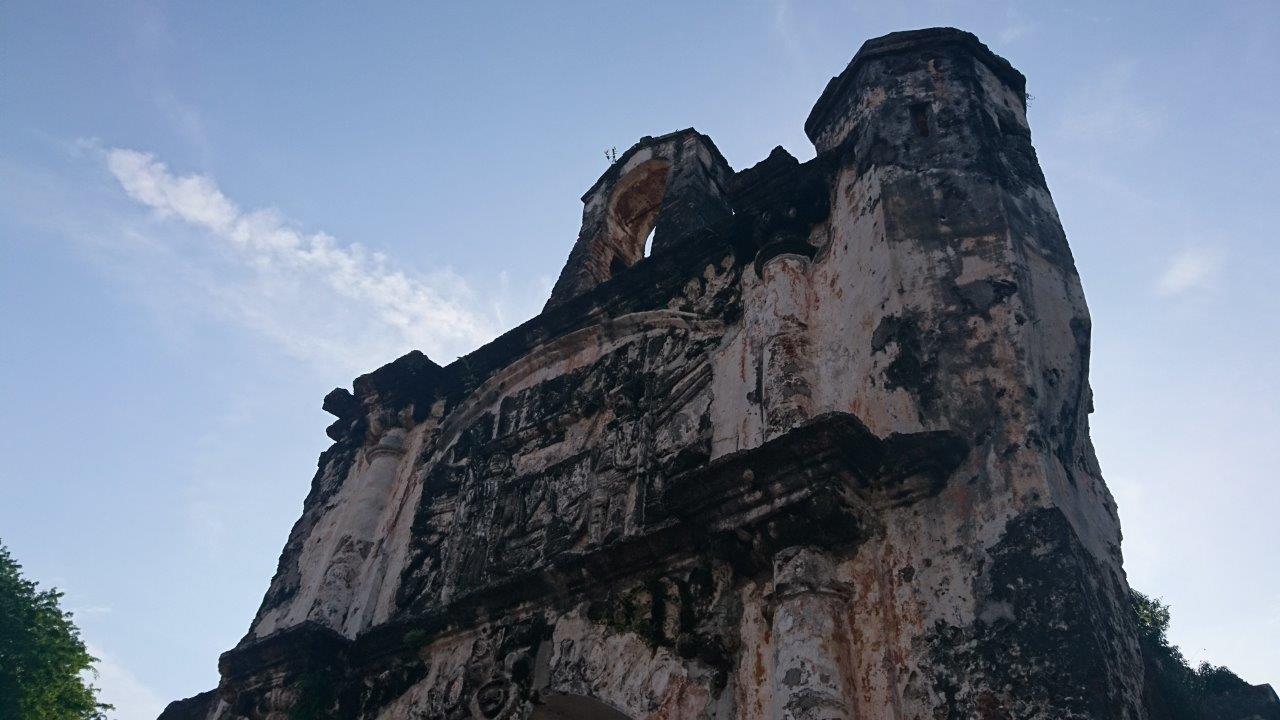
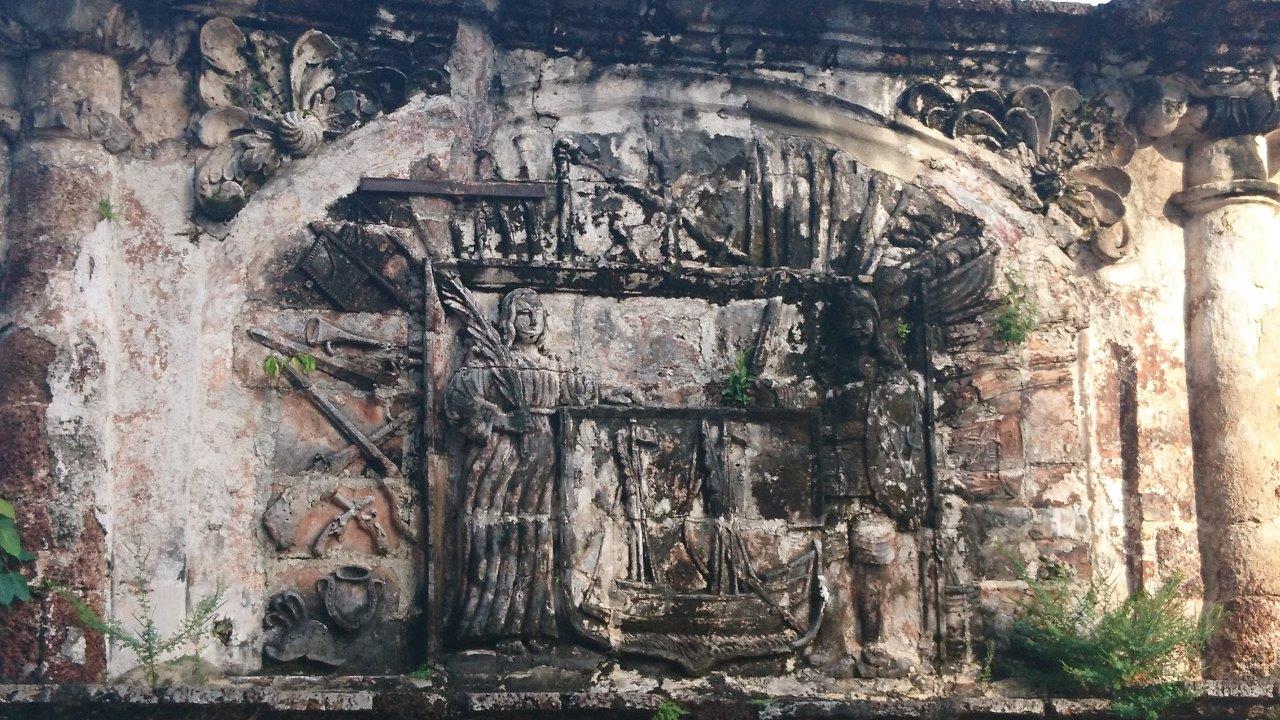
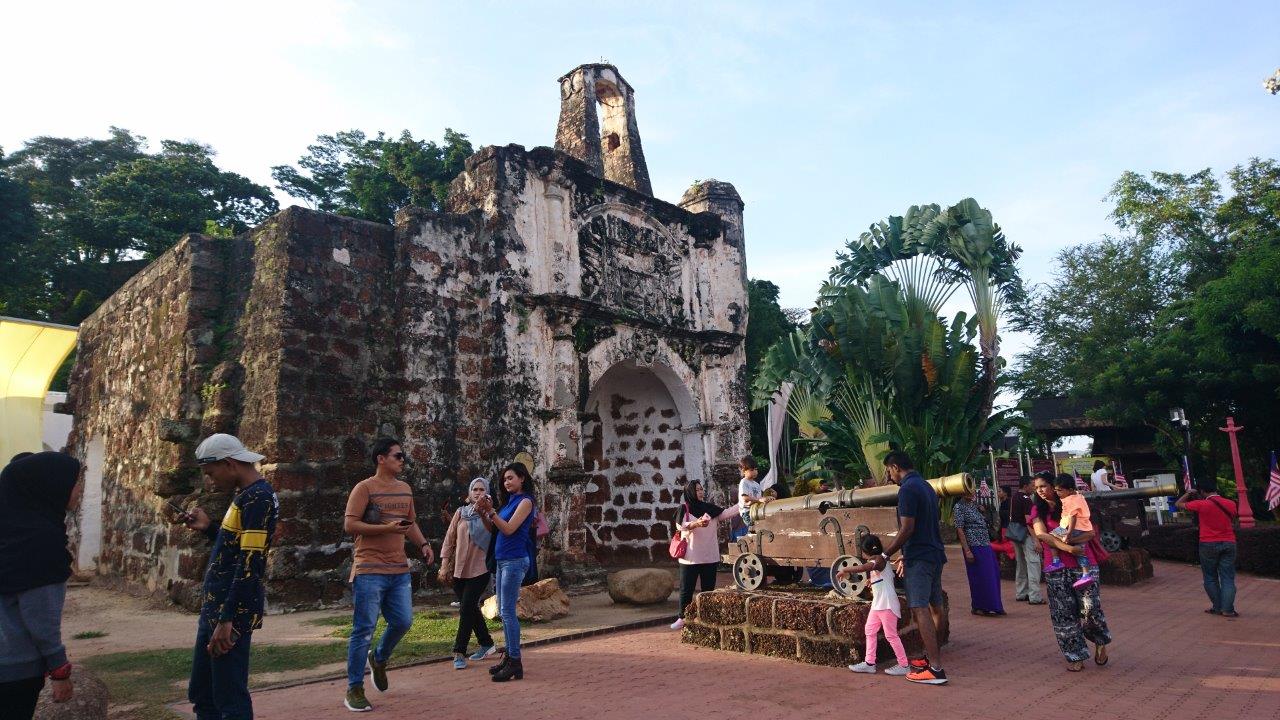
Interesting trivia here includes the date “Anno 1670” which refers to the year the Dutch renovated the fort after having driven the Portuguese out years before.
St Paul’s Church
Moving past the gatehouse you will approach a short hill with stairs going up the gentle slope. The stairs lead you to the old ruins of St Paul’s Church. And beside those stairs are display boards explaining the history behind this hill and also its links to both the Portuguese and the Dutch.
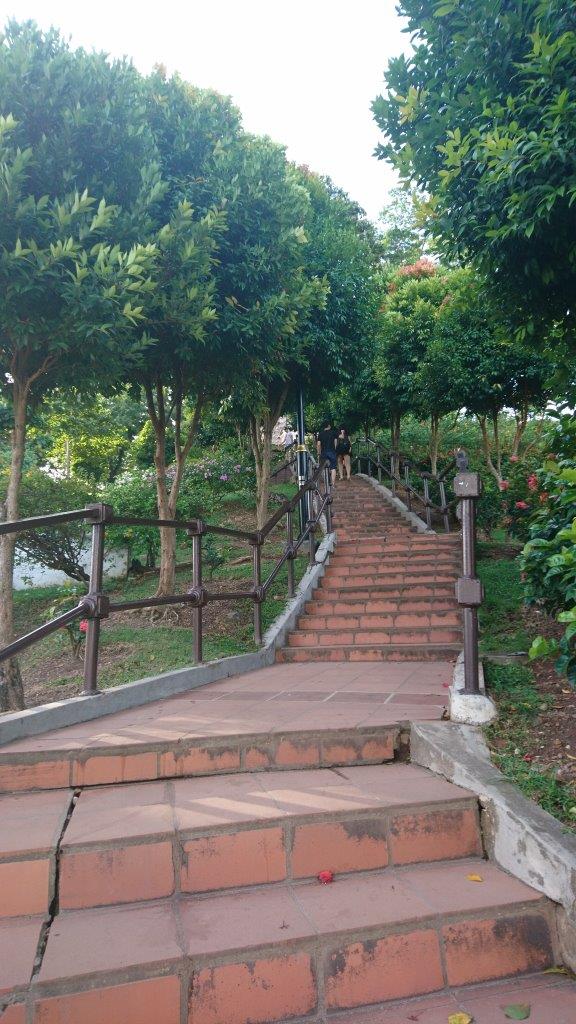
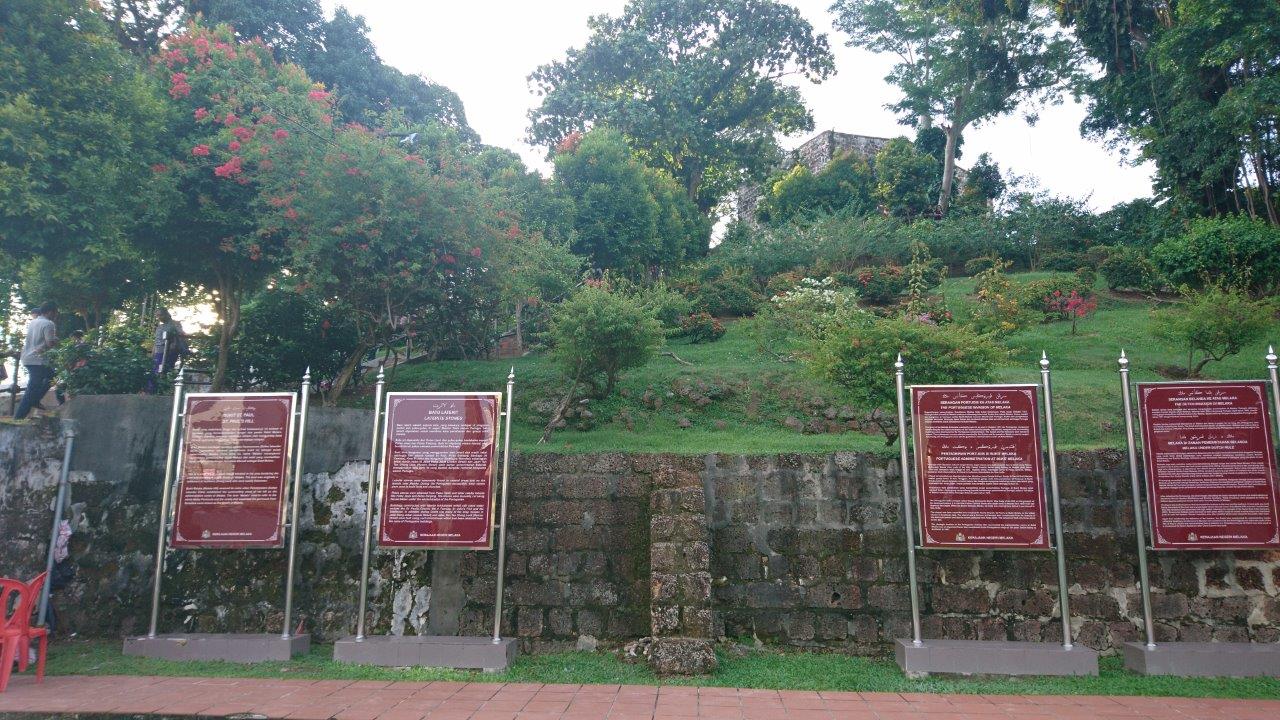
Built by the Portuguese in 1521, St Paul’s Church was converted into a reformed church by the Dutch around 1641 before being used an ammunition depot by the British. The church is now a ruin with only the walls remaining.
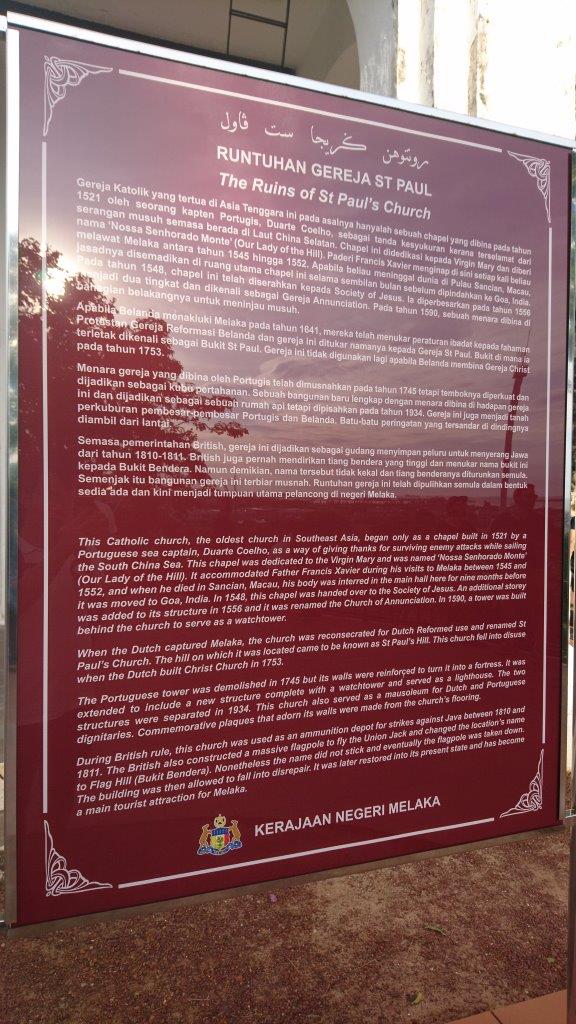
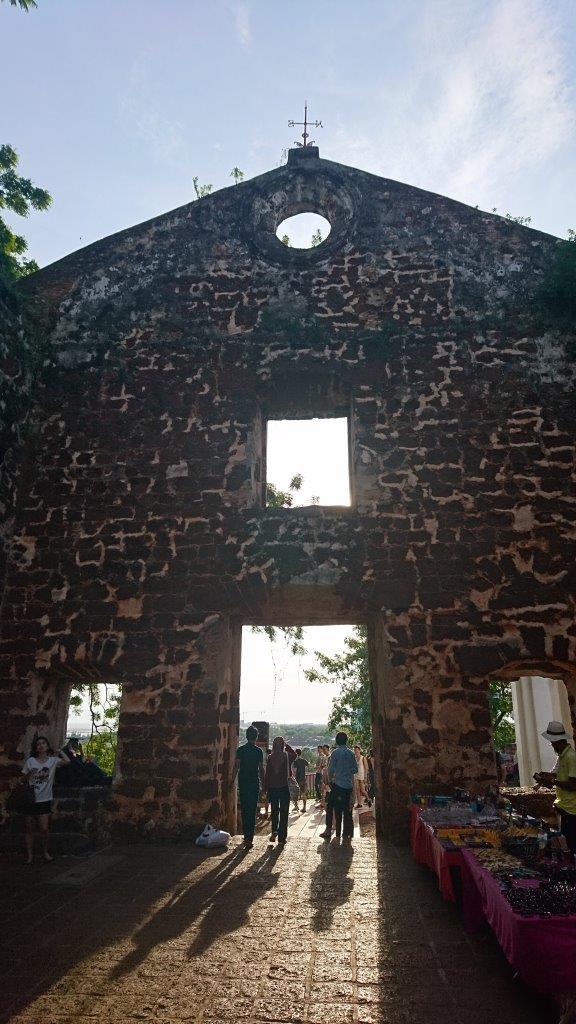
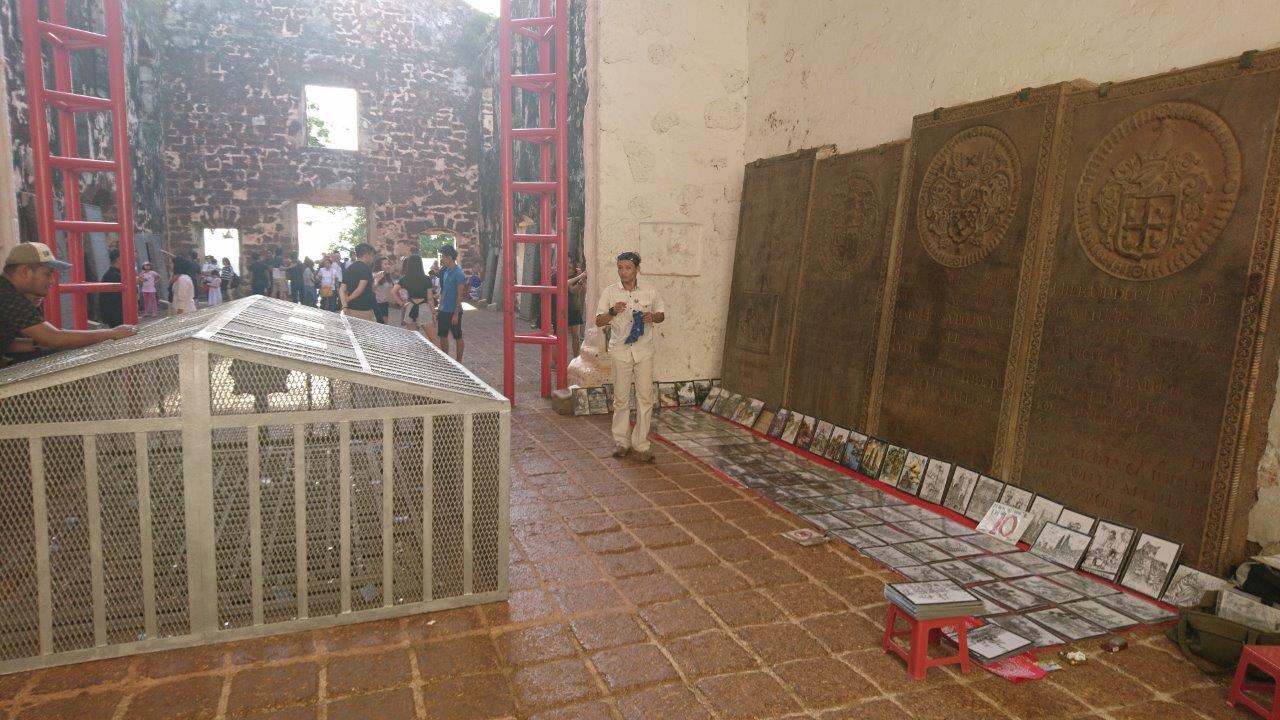
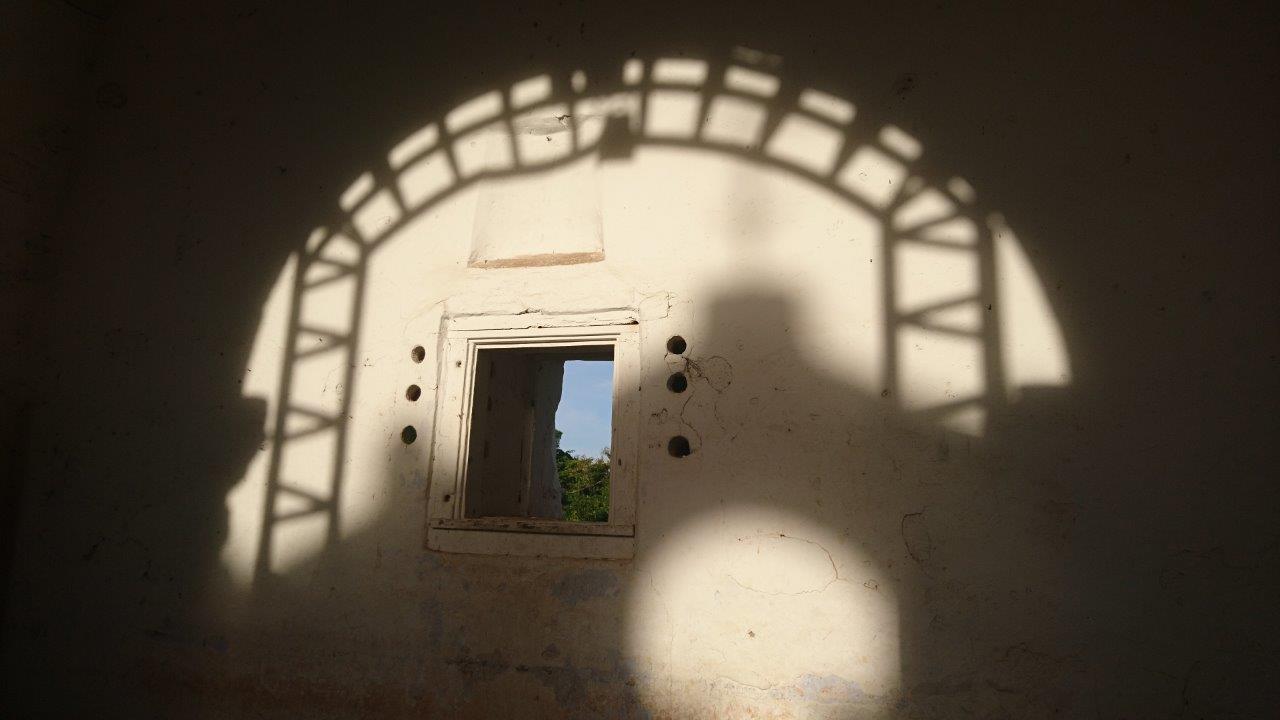
But within those walls are tombstones left over by the Portuguese and the Dutch. While most are not in English, there are some tombstones with English translations on top of them and these provide interesting snippets into that dead person’s life. I found it fascinating to read bit and pieces where reference was made to the person living and dying a “free man” and wondered to myself why “freedom” is more important than anything else that dead man had accomplished during his time on this earth.
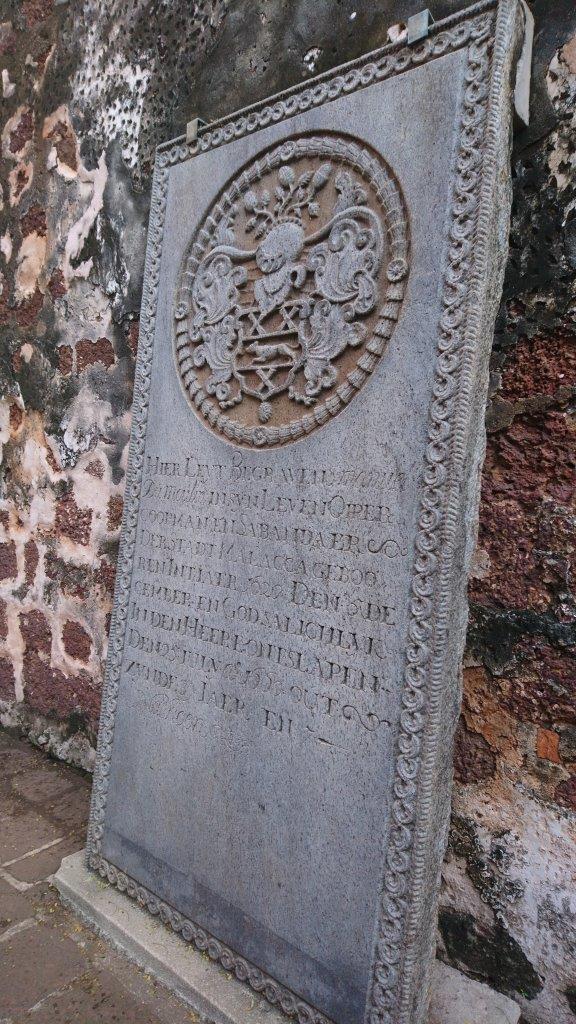
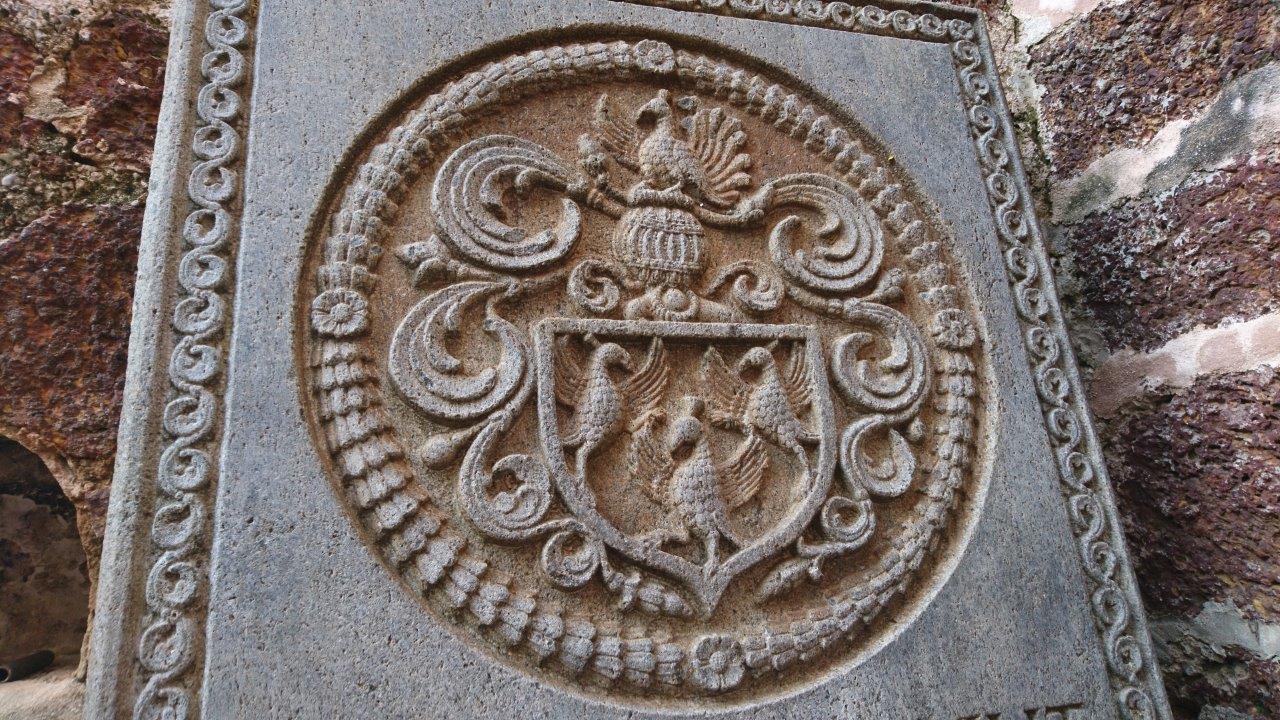
Dutch Square
Walking back down the slope and passing through the gatehouse, you should then turn right. 600m away and around a corner, is the Dutch Square and the Stadthuys.
The Stadthuys was built in the mid 1600s between 1641 and 1660 and may be one of the oldest Dutch building in the East displaying all the common features of the Dutch colonial architecture which includes substantial solid doors and louvered windows. Beside the Stadthuys is Christ Church built in 1753. Along this street, you will find many small stalls selling souvenirs.
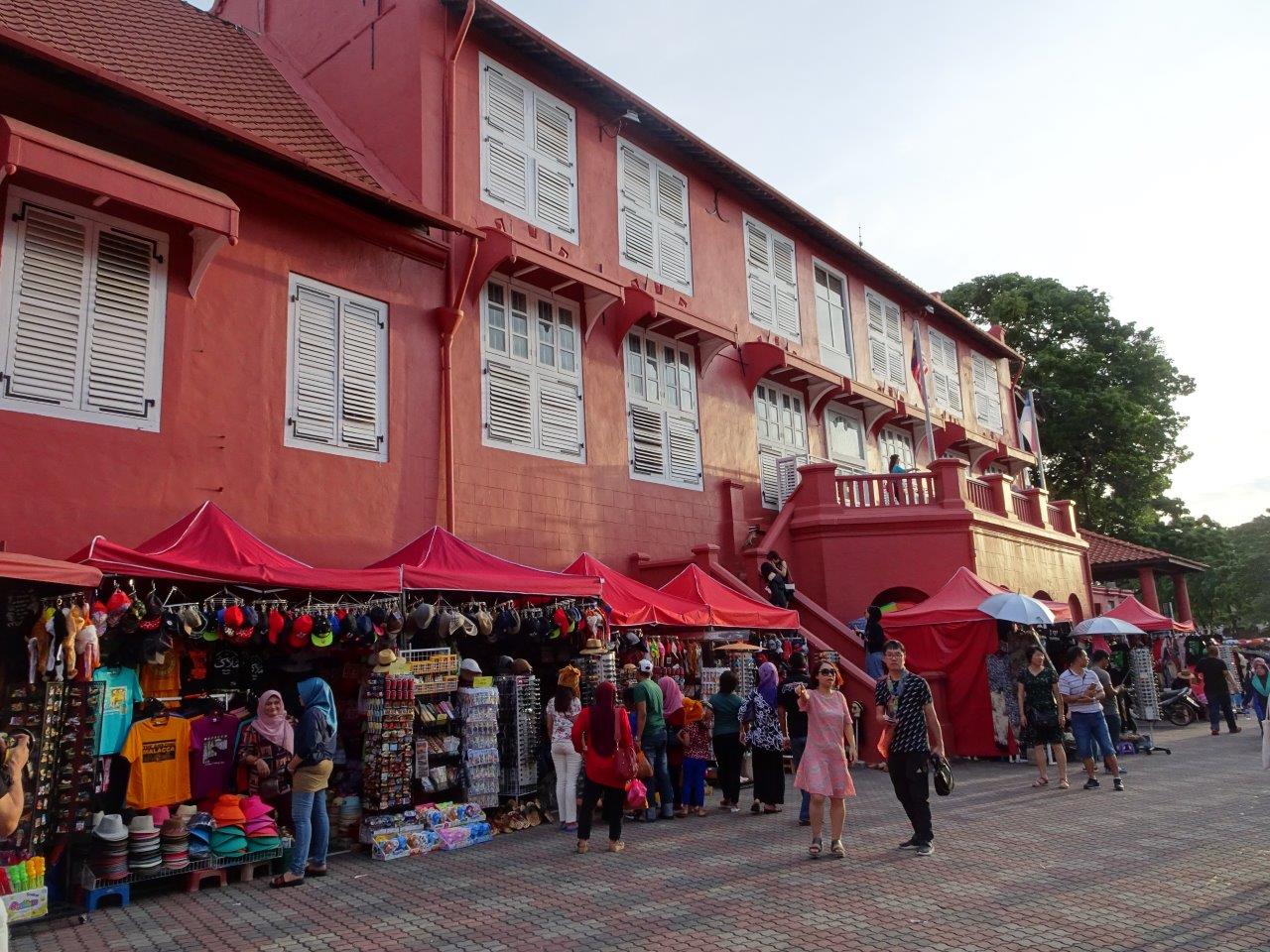
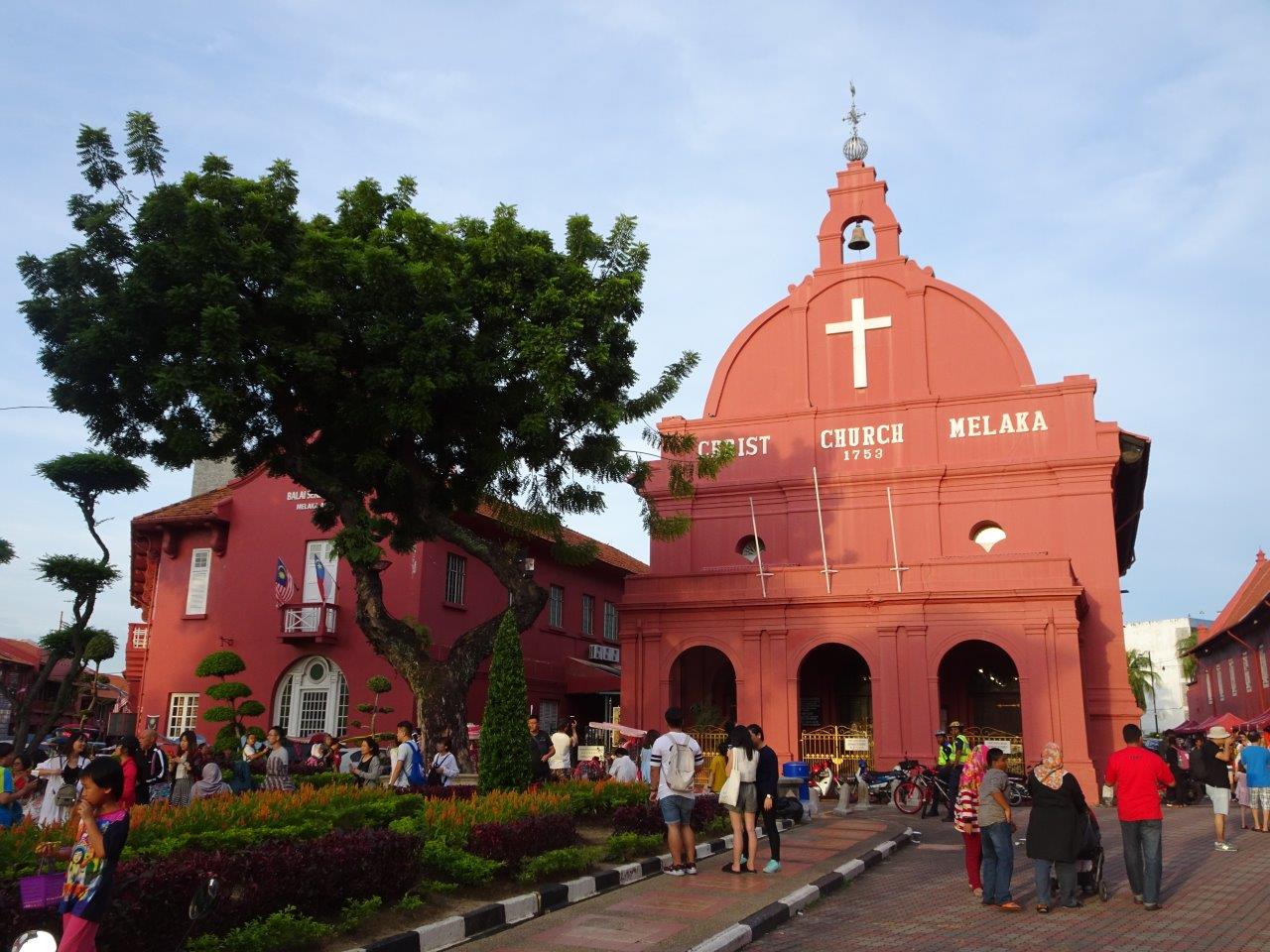
Close by is another historical site: Queen Victoria’s Fountain. Although British built, the fountain complements and adds to the beautiful architecture surrounding it.
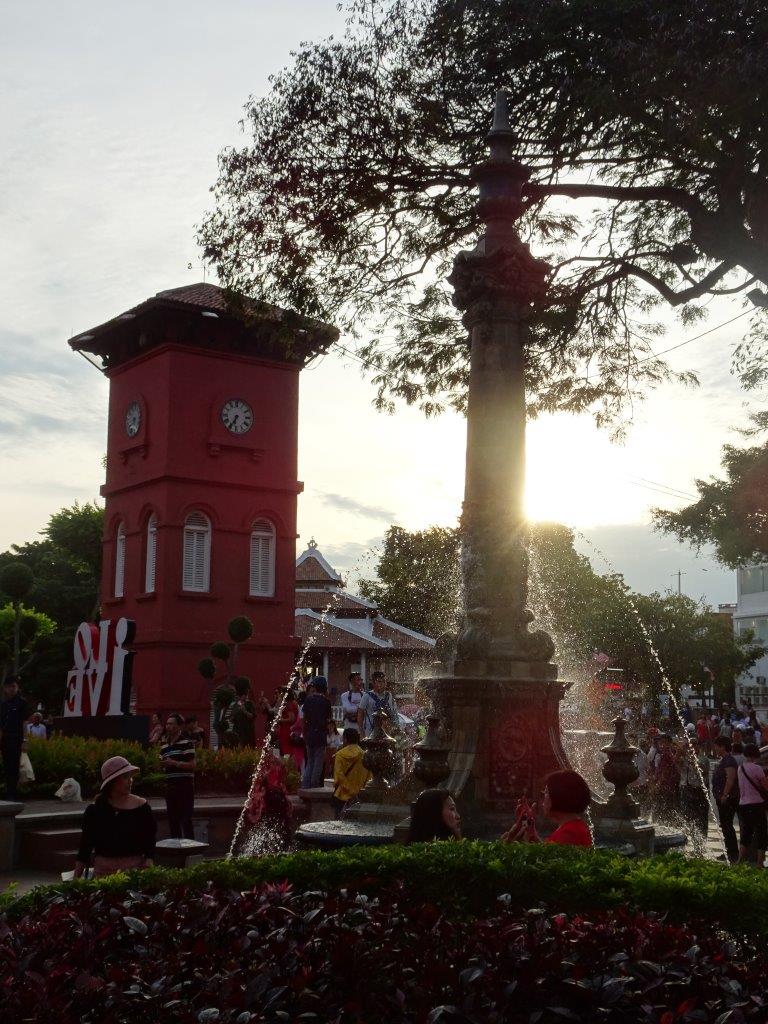
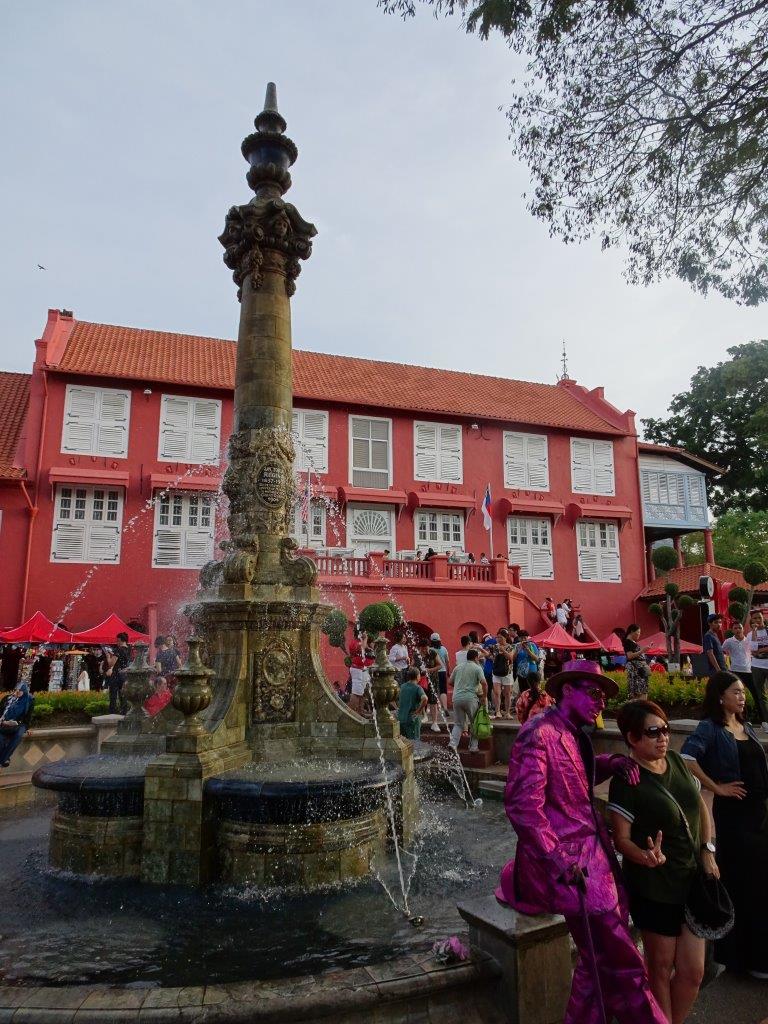
While you are there, why not consider having a cendol by the river opposite the fountain or have a whole watermelon to yourself? I went with a watermelon and the stall owner made a small cut into the melon before inserting some kind of blender gadget into the fruit. What resulted was refreshing watermelon juice served in its own shell.
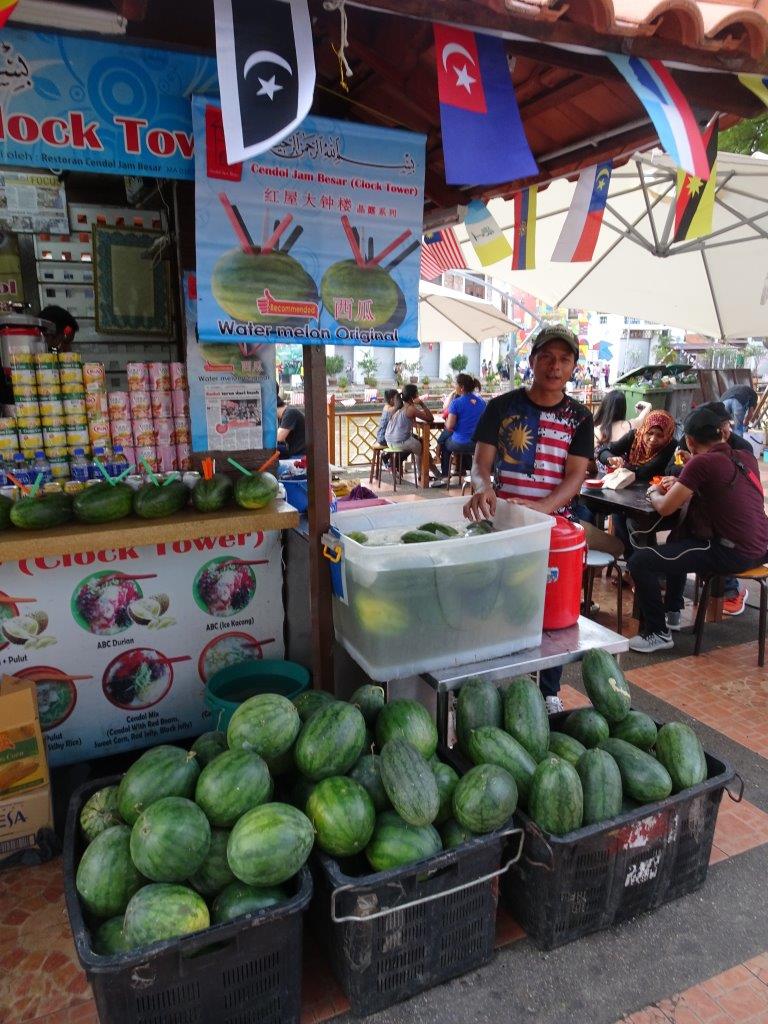
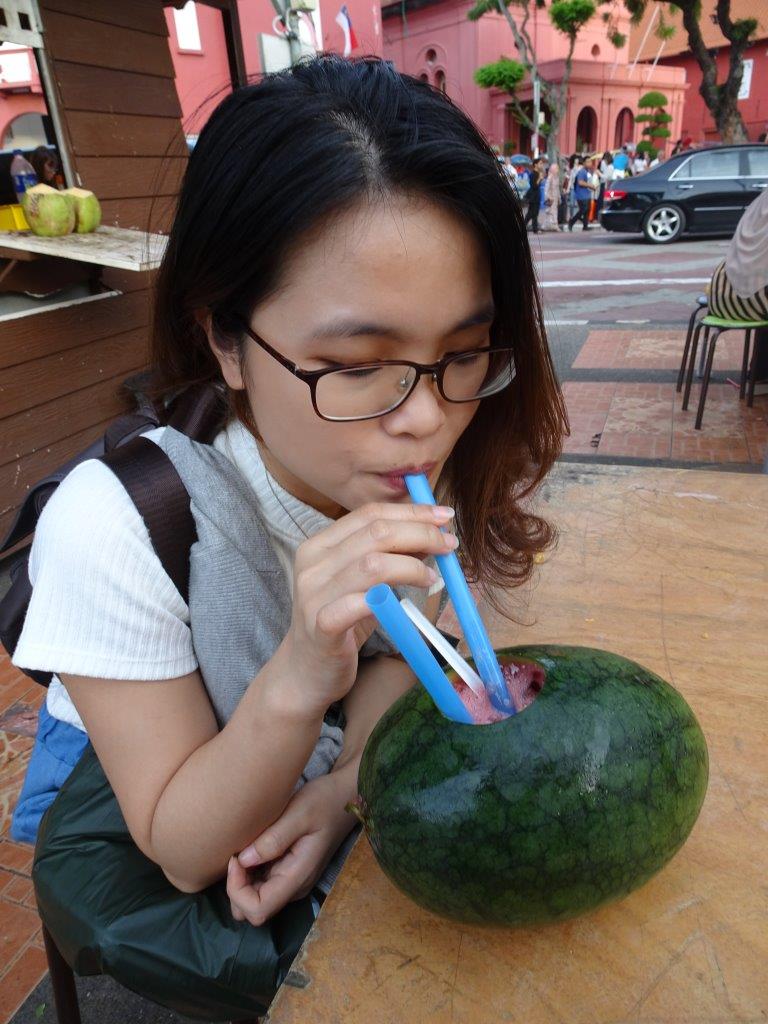
If you enjoyed reading this or found it useful for your future visit to Melaka, please remember to like and also click follow. WordPress’ digital pixies need to earn their keep by updating you of any new guides/reviews posted.
I have also recently added a rate this article feature. Plea
Postscript: To all my followers, a big thank you for your support. Really appreciate you taking your time to read my posts and also following me.